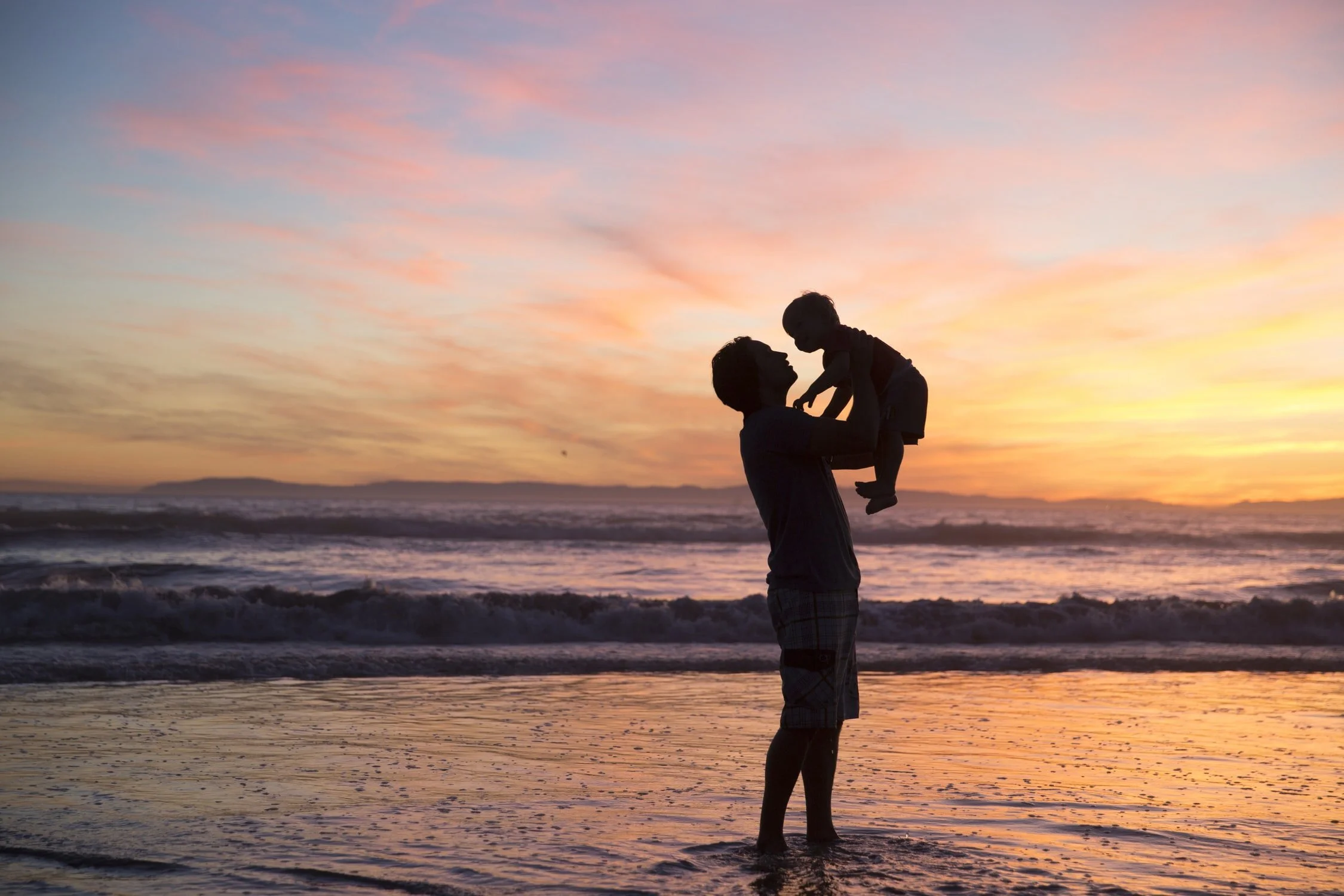this talk: is about mental health and fatherhood - with Mark Williams
I suffered my first ever panic attack at thirty years of age and I didn’t have a clue what was happening to me. It was the day my son was born. My wife Michelle was taken to theatre for an emergency C-section and I honestly thought she was going to die. I was terrified.
Thankfully, both Michelle and my son survived but sometime later, we realised Michelle was suffering from anxiety and depression.
During this period, I experienced nightmares about Michelle and Ethan dying in the theatre. I would wake up thinking it was real. Sadly, Michelle went on to develop severe postnatal depression and my world changed forever.
I had never known anyone with the illness. I was so uneducated about mental health I used to wonder: ‘how can people be depressed?’ Within weeks of Michelle’s diagnosis, I had to give up my job to care for Michelle and Ethan. I had loved the social side of my job and I was totally isolated. Sometimes I wouldn’t get out the front door for days. Within months, my personality changed and I was drinking in an attempt to cope.
I became angry. It got to the point where, if I did manage to get out with friends, I wanted to fight the doorman. I had this strange need to get hurt to try and stop what I was feeling and the thoughts that were going through my head.
I began to have uncontrollable suicidal thoughts, but never acted upon them.
At the time, I felt like I couldn’t talk to anyone. I was raised in a working-class community where my father and grandfather were coal miners. Growing up we looked up to ‘hard men’ who didn’t show their emotions and now I was feeling emotional – and I was feeling weak. I kept telling myself I just had to ‘man up’ and everything would be okay.
It was difficult not knowing how long my wife would be unwell for. In the end, it took around eighteen months before she started to feel better, and of course, it affected our relationship. It so often causes the breakdown of families when there’s no early intervention. I didn’t feel I could tell my wife how I was feeling and I didn’t want to risk it impacting on her mental health.
I also didn’t want it on my medical records as I loved working and providing for my family. I suffered in silence for years. And then, my mother, who I loved so much was diagnosed with cancer.
My dark thoughts and nightmares worsened.
For months, I had been lying to Michelle and telling her I was going to work but in fact I was isolating myself from people. I felt totally alone.
One day, whilst sitting in my car before walking into work, I had a complete breakdown. I just literally couldn’t get out the car, I was shaking, crying and suicidal thoughts were racing through my mind.
While in the car, I phoned an organisation called Mental Health Matters Wales and was told to seek help. I was ready to embrace everything as I didn’t want my son to be fatherless. He may have saved my life.
Eventually, I was put on medication, took a course of cognitive behavioural therapy (CBT) and mindfulness. I was lucky to be able to turn things around. While under a community mental health team, I was diagnosed with ADHD. Professionals have also suggested I would have been diagnosed with PTSD and postnatal depression if I had accessed help earlier.
If I had been screened early enough, I think I would have managed it so much better. I felt completely unprepared for the birth and I was totally unaware that fathers could have even develop postnatal depression. I didn’t bond with Ethan during his first weeks, it wasn’t this overwhelming feeling of love I was expecting. I feel I was different as a father back then.
I am so thankful to say that both Michelle and I are doing well these days and have a great bond with our son. My mother also recovered and is still cancer free today.
After nearly 10 years of campaigning fathers they are now being mentioned in policy, and International Father's Mental Health Day which I founded is a global movement; when you support all parents for their mental health it has far better outcomes for the whole family and lowers the 600,000 per year suicide rates in men.
I've also started the #HowAreYouDad to make sure we have conversations with dads about their mental health and to screen them, like we do with mums.
I want people – and particularly fathers – to know that there is help out there. Don't suffer in silence like I did as the earlier the help, the quicker the recovery.



